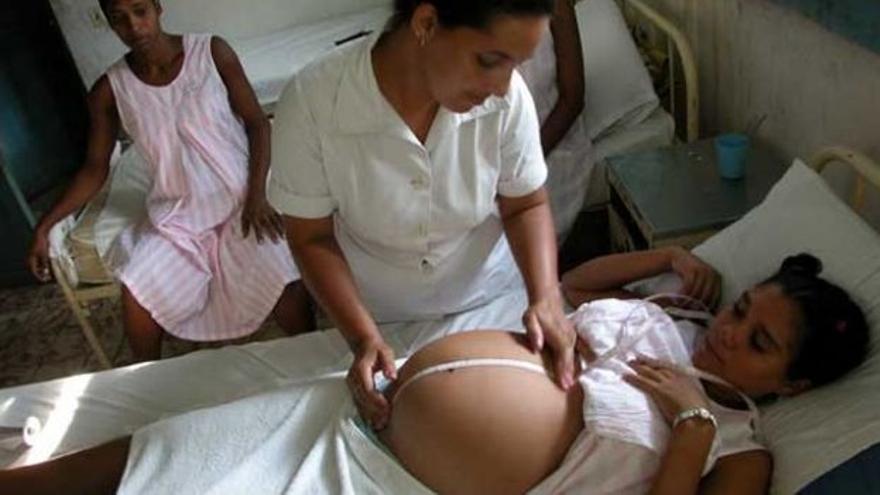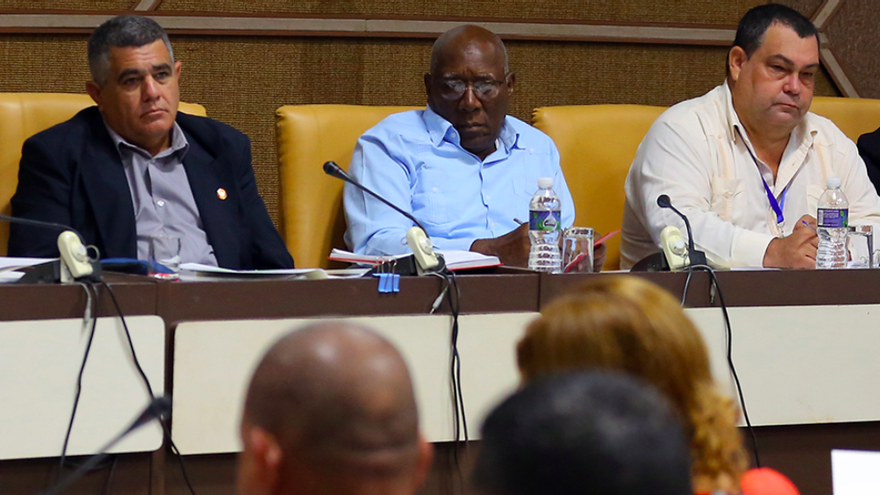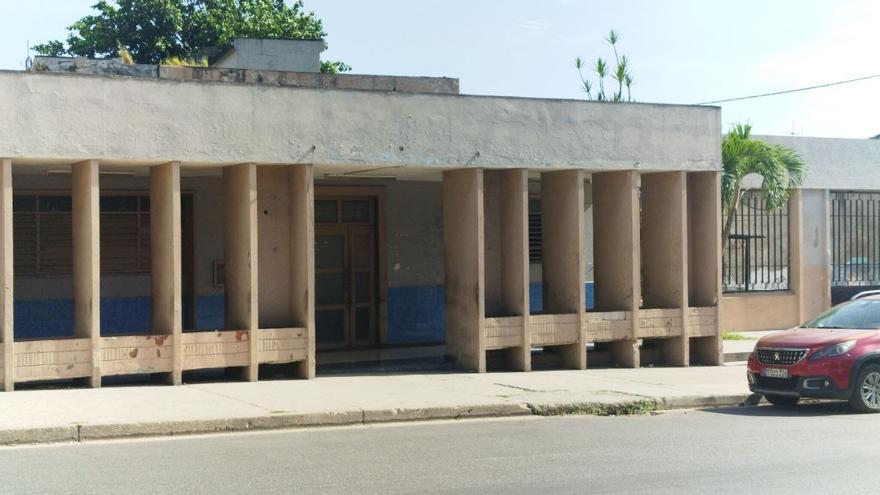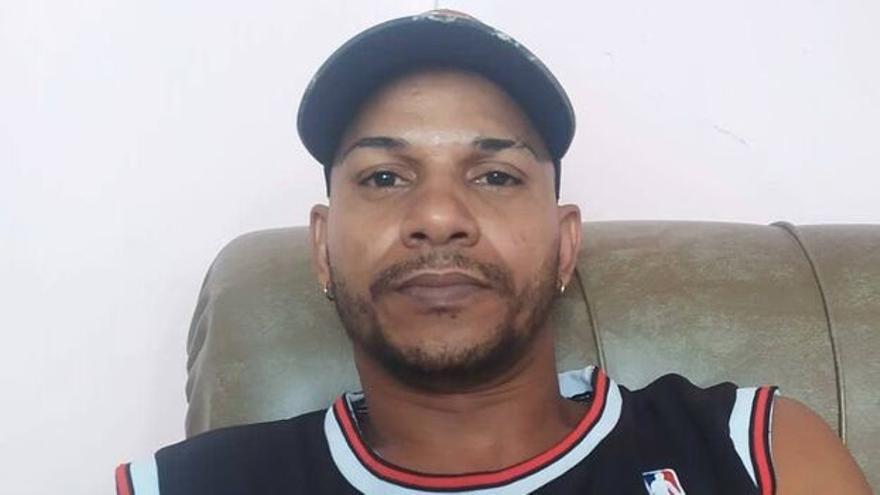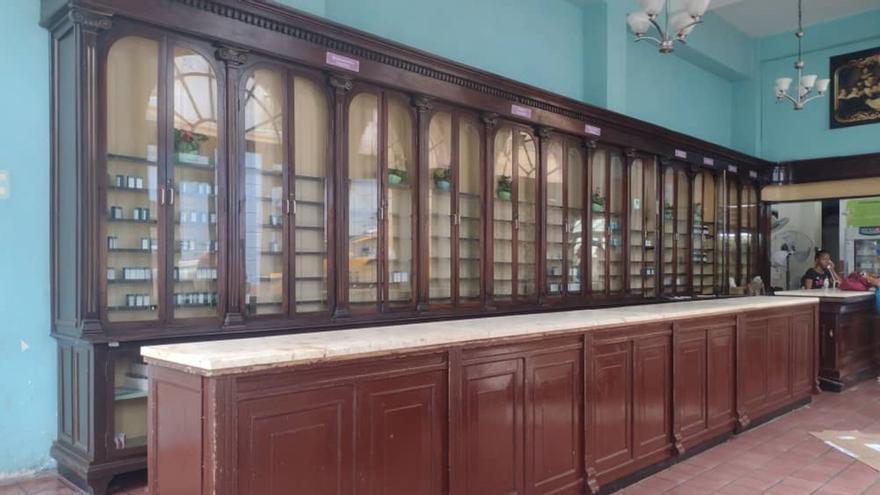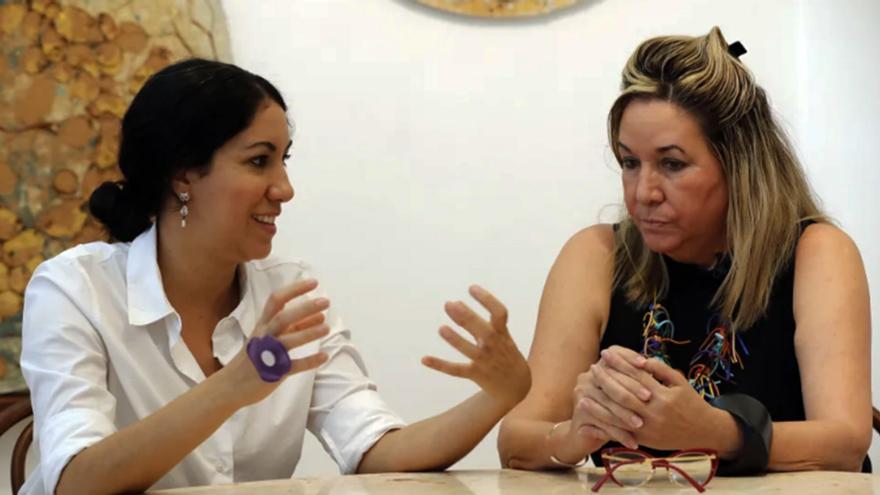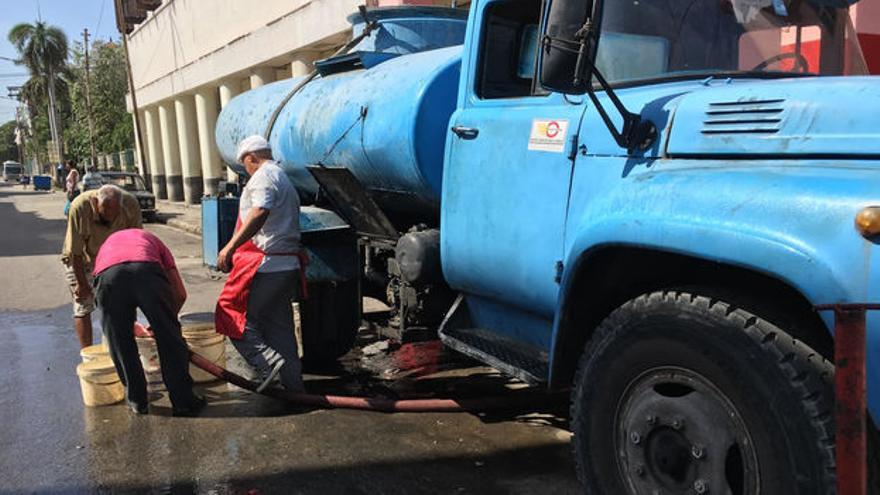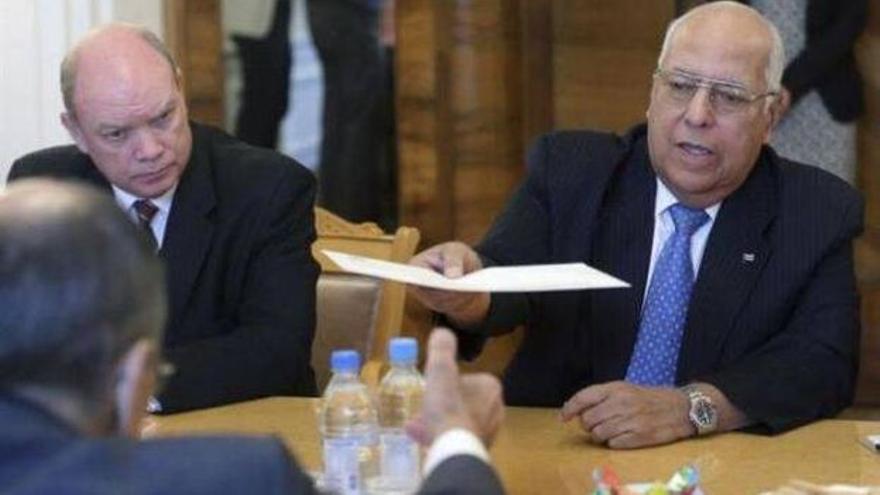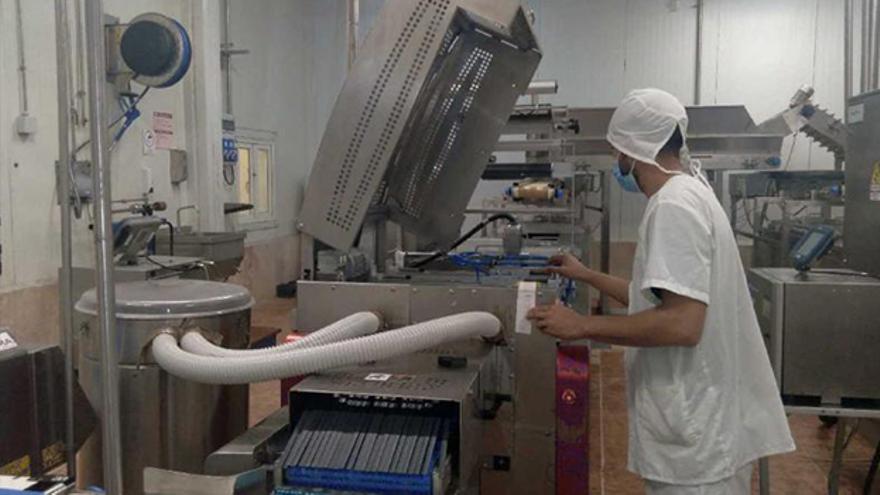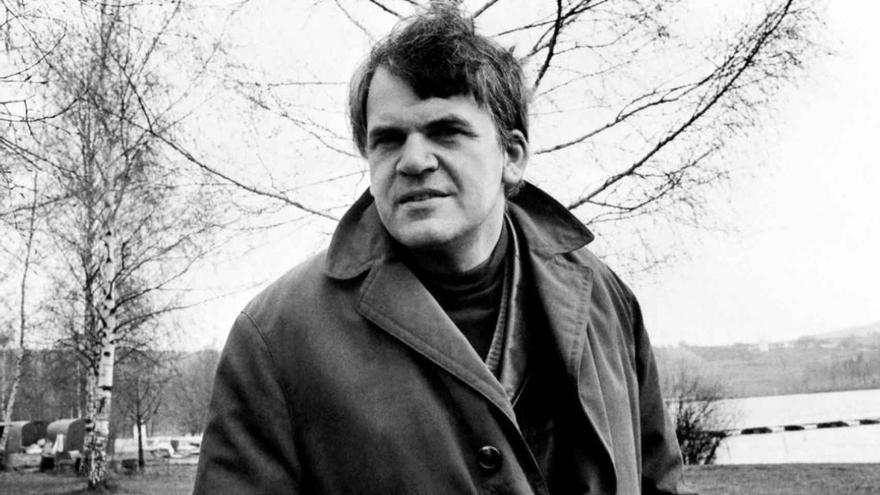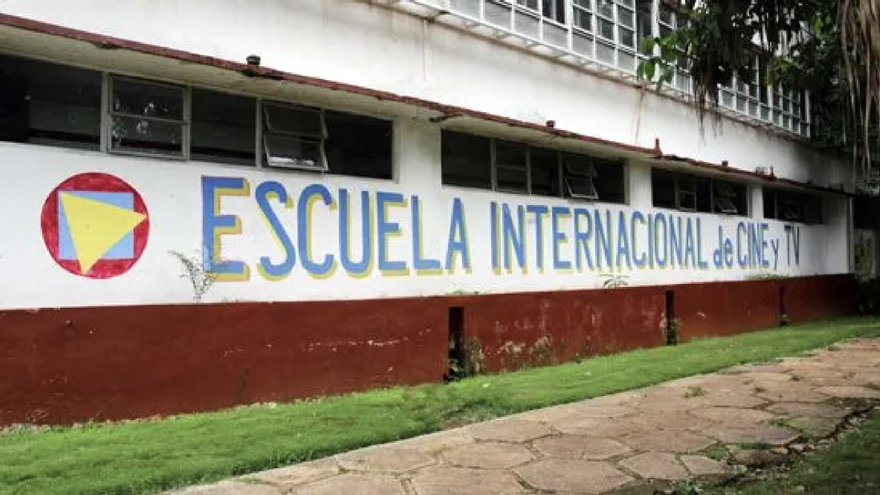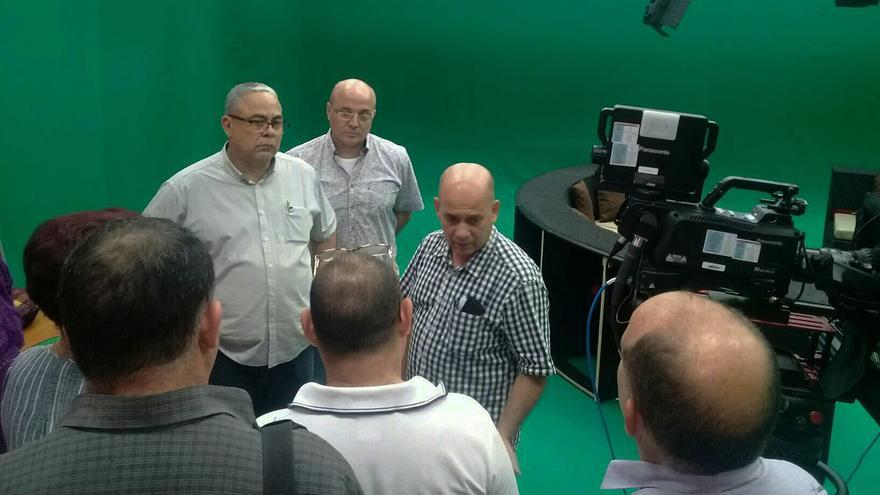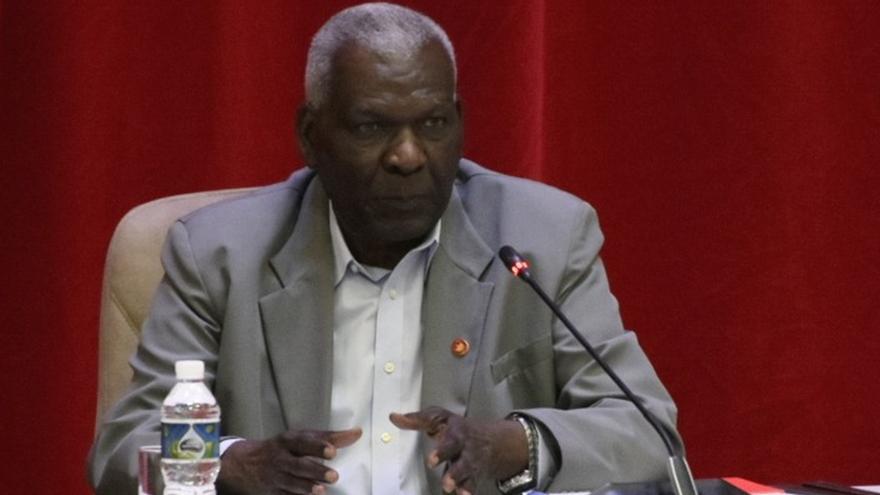
![]() 14ymedio, Havana, 18 July 2023 — On Tuesday, Cuba’s Parliament held a session to take the pulse of the national economy for the current year and evaluate 2022 results. The outlook, judging by the data offered by the Vice Prime Minister for Economy and Planning, Leticia Morales, is discouraging: 45.48% annual inflation, only 1.8% growth — they had predicted 3% — barely 3% overall recovery and colossal losses in almost all relevant sectors.
14ymedio, Havana, 18 July 2023 — On Tuesday, Cuba’s Parliament held a session to take the pulse of the national economy for the current year and evaluate 2022 results. The outlook, judging by the data offered by the Vice Prime Minister for Economy and Planning, Leticia Morales, is discouraging: 45.48% annual inflation, only 1.8% growth — they had predicted 3% — barely 3% overall recovery and colossal losses in almost all relevant sectors.
The numbers enraged the President of the Assembly himself, Esteban Lazo, who launched into a diatribe against the inability of leaders to manage well and concluded that the government has “no money”. “We are already very tired of programs, measures, studies, diagnoses. And where is reality? And where is the solution to the problem? he asked before the disconcerted faces of parliamentarians.
“Today, the country does not have the resources to continue the current level of imports. Practically 100% of the ’family basket’ is imported.” “We don’t produce rice. . .100% of the beans are being imported,” enumerated Lazo, noting that in 2017 and 2018 they had these products, to spare.
Vice Prime Minister Morales, detailed the Island’s alarming financial situation, they were able to generate — in the first half of 2023 — only $1.282 billion dollars by exporting goods and services, meeting 37% of their target, which translates to a loss of $94 million, the effects of which will be noticeable in “activities that require hard currency.”
Cuba todo lo importa, no produce nada de nada. «¿Hasta cuándo vamos a estar en esta situación?». 😲
No lo ha dicho ni un medio independiente ni un opositor, sino Esteban Lazo, presidente de la Asamblea Nacional de #Cuba 🤯.
¿Qué opinas de estas palabras de Lazo? 🗣️💬 pic.twitter.com/RQhGIGVqs7
— El Toque (@eltoquecom) July 18, 2023
Cuba imports everything, it does not produce a thing. “How long will we be in this situation?” / It was not the independent media nor an opponent saying this, but rather Esteban Lazo, President of the National Assembly in #Cuba. / What is your opinion of Lazo’s words?
With regard to Gross Domestic Product, a data point not revealed by Morales — although last December the Minister of Economy, Alejandro Gil, predicted it would exceed 2.2 billion dollars — stated that not only were the 2019 pre-pandemic levels not reached, but there is a gap of 8% and, in some parameters, it declined to negative numbers. “The primary activities report negative values of 34.9%, the secondary -20%, and social -4.9%,” he explained. continue reading
“All this in the context of shortages and limitations to access fuel,” in addition to the “distortions with a clear trend toward dollarization and, in the case of non-state economic actors, with the retention of hard currency abroad to pay providers, without going through the national banking system,” he snapped.
Exports from micro, medium and small enterprises (mipymes) increased to 6.3 million dollars, but that is almost entirely due to the sale of charcoal (representing 0.2% of the country’s exports). Morales recognized that they should “push” the work of mipymes more and facilitate their access to raw materials with “fiscal and tributary policies” as incentives.
Detailing the Cuban business landscape, the Vice Prime Minister highlighted that there are 16,253 entities in the country: 2,422 state businesses, 5,138 cooperatives, 103 mixed enterprises, 8,590 mipymes and 596,000 self-employed people.
Important gains were made in the first half of the year, but in the same areas: tobacco, rum, and shellfish exports. However, neither sugar nor charcoal produced the expected revenues. One sector which has been unexpectedly disgraced is nickel, the exploitation of which is led by Sherritt, a Canadian company to which Cuba owes 362 million dollars.
Morales bemoaned that telecommunications, managed by Etecsa, a state monopoly, also reported a decline in revenue and a decline in “collection of foreign currency.” The explanation, she added, is the increase in the sale of services in pesos. “This is good for the population, but affects revenue,” she complained.
With regard to tourism, there isn’t room for optimism either: Cuba received, she said, 1.3 million visitors — 80% of the target for 2023 — but this estimate does not come remotely close to the 2019 figure. “In the case of domestic tourism, there have been 2.9 million tourists to date and we expect 7.6 million tourists by the end of the year,” she added.
Regarding inflation (45.48%), Morales confirmed what all Cubans can attest to: that 8% of inflation is concentrated in food, beverages, and transportation. To contain it, she promised — without details — a “macroeconomic stabilization program” with “diverse actions in specific areas.”
Several delegates took the floor to comment on the Vice Prime Minister’s report, and highlighted the tasks that always remain for the Cuban economy: the tension between the U.S. dollar, the peso and the freely convertible currency (MLC); the mediocrity of state businesses and the laborious rise of mipymes; and the lack of food sovereignty.
Far from the reality faced on Tuesday in Parliament is what happened last December, Alejandro Gil declared without a shred of doubt, “2023 will be better than 2022.”
Translated by: Silvia Suárez
____________
COLLABORATE WITH OUR WORK: The 14ymedio team is committed to practicing serious journalism that reflects Cuba’s reality in all its depth. Thank you for joining us on this long journey. We invite you to continue supporting us by becoming a member of 14ymedio now. Together we can continue transforming journalism in Cuba.

